Description
ABSTRACT
An Overview of the Legal Framework for Housing Finance and Securitisation in Nigeria
Professor Konyinsola Ajayi, SAN* and Tomi Oluleye*
Nigeria’s housing deficit and a burgeoning middle class presents an enormous potential for housing and housing finance investors. The article discusses the mortgage concept in Nigeria and its centrality to housing finance. The article also gives an overview of the legal framework for housing and mortgage finance in Nigeria and the various actors in the system. It identifies regulatory and funding challenges as major impediments to an efficient mortgage finance system and advocates the creation of an active secondary mortgage market where mortgaged backed securities are traded as a viable means for obtaining liquidity for the primary mortgage market. The article identifies mortgage securitisation as the fulcrum of a secondary mortgage market and concludes with an analysis of mortgage securitisation in the U.S. and the lessons to be learnt from its subprime lending crisis.
INTRODUCTION
The centrality of housing to man is obvious. No party discounts housing, no government ignores the housing needs of its people – save irresponsible ones we see all around us. For man, habitation has always been key, and the cost of this has continued to grow. Even if inherited, there is a cost to housing – hence the modern device of mortgages, and ancient one of pledges. The object of this paper therefore, is the consideration of some of the problems pertaining to mortgage financing for housing in Nigeria.
Maslow, the psychologist, described man as a creature with hierarchical needs and identified housing as one of the basis or physiological needs of man, second only to his need for food.1 The problem of housing provision is a lingering one in most developing nations and Nigeria is no exception. The solution to this “massive” issue has evaded many a political dispensation despite various well-meaning attempts to tackle it. Despite these attempts, the persistent rises in the cost of housing in most urban areas in Nigeria, as well as several other militating factors, has made meeting this need a mirage to many – it is almost impossible to achieve the aim of home ownership without some institutional form of financing.
Whereas, there is scientific proof that the best store of wealth is housing, for it is stock we will always keep, and which does not, at least for the most part waste. At the bottom of society there is significant capital locked up in the shanties and slum dwellings. Properties inherited from a rich daddy, by children unable to grow the pot fall into abuse and disuse, and in some cases drive the area from low to high density. Witness the phenomenon in Lagos Island. As stated elsewhere: “Inadequate housing supply is often manifested in squalor and urban decay”.2 This we must address as a nation and bring life back to our cities with the provision of affordable housing in partnership between government and the private sector. Apart from town planning and provision of infrastructure, as well as the legal and bureaucratic impediments to dealing in, and financing of, land transactions, a major source of
worry is the cost of property acquisition in Nigeria.
*Professor of Law and Managing Partner, Olaniwun Ajayi LP, Lagos
**Associate, Olaniwun Ajayi LP
- A.H. Maslow, ‘A Theory of Human Motivation’ (1943) 50(4) Psychological Review 370-396
- See Jimi Agbaje, New Thinking. New Lagos. p 33

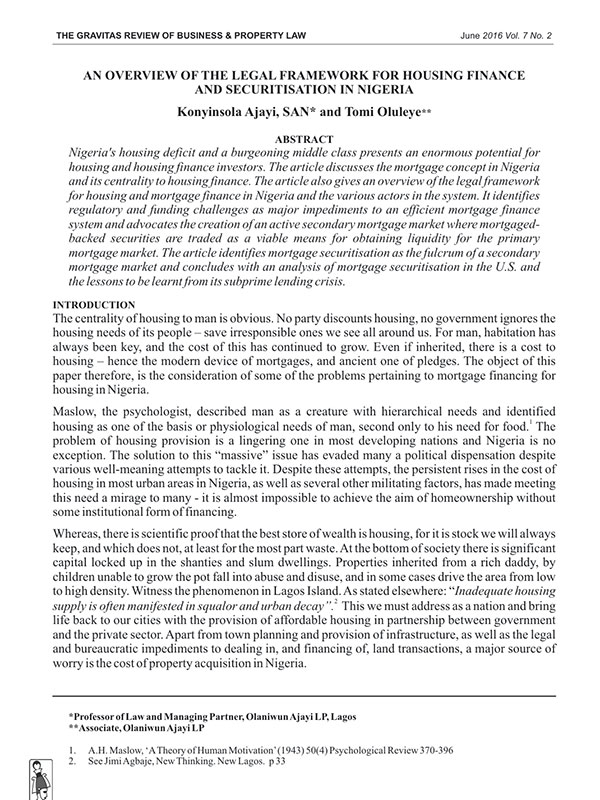
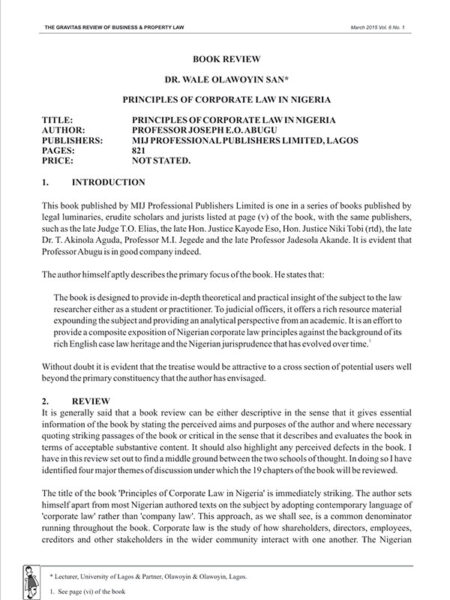
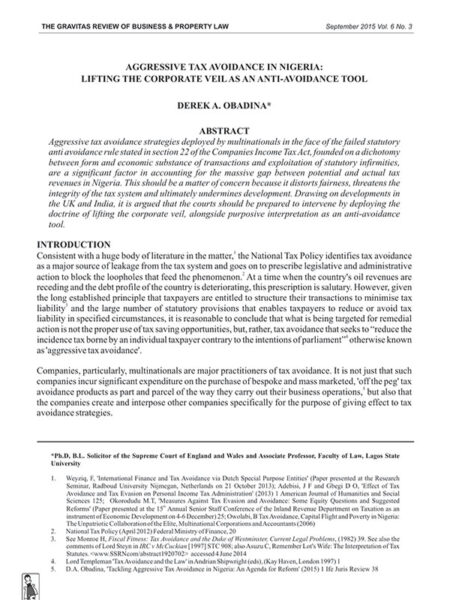
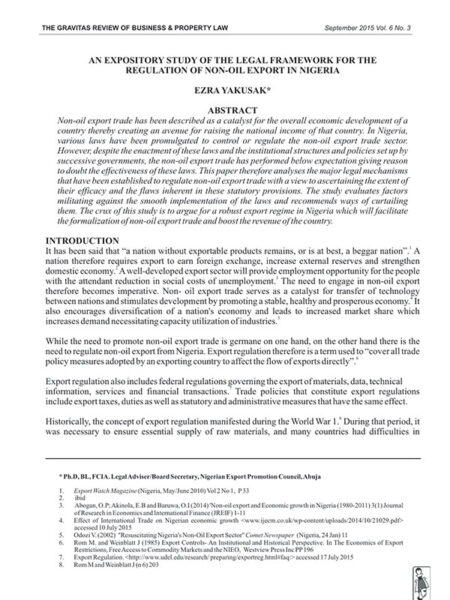
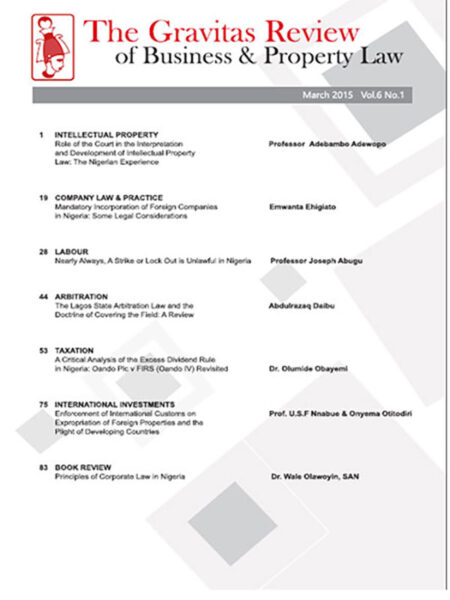


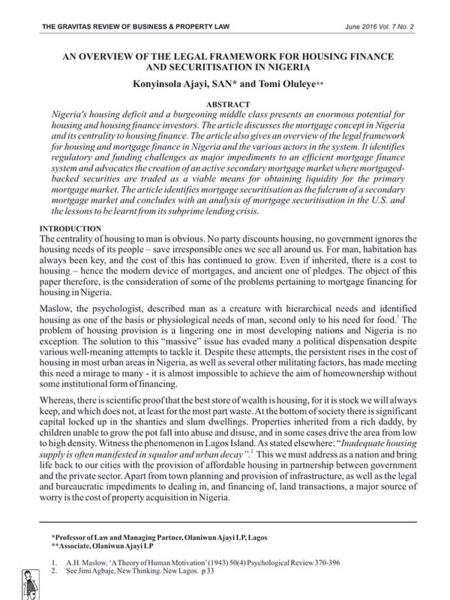
Reviews
There are no reviews yet.